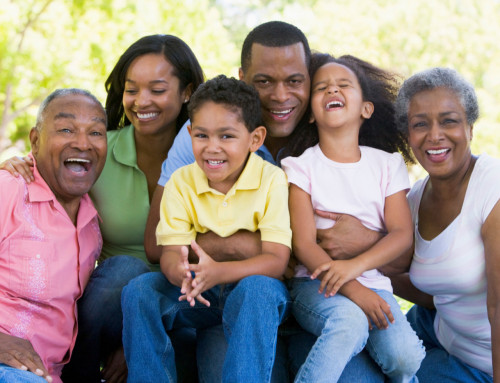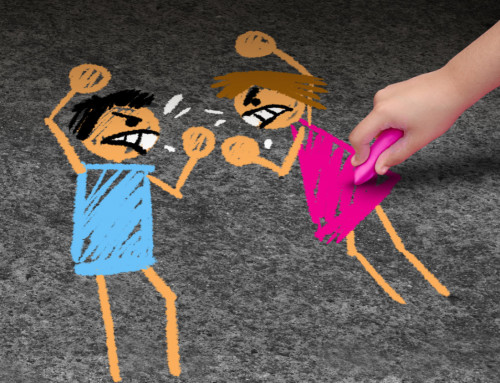Divorce is a time often fraught with worry and uncertainty. Many people experience an onslaught of conflicting and overwhelming emotions. Those things are true for adults who have at least some understanding and often somewhat reasonable expectations about what to expect. For children who are facing the process of divorce, it can be a terribly frightening and daunting experience. Unfortunately, the fears experienced by children during divorce are often only exacerbated when there is tension and contention leading up to the process.
The following are three most common fears that children experience during the divorce process.
- That the divorce is their fault.
Divorce can be stressful. It is one of the most difficult situations most people will face in their lives. The fears people have are often driven by uncertainty about the future. There is also a grieving process as well as anger and bitterness and other emotions depending on the situation. When divorce becomes adversarial, parents sometimes go on the defensive. They may be worried about whether they will get to see their children or be able to afford to live. All of this can put people on the defensive. Unfortunately, children sometimes get put in the middle. Children are sometimes used as leverage.
For example, parents may be openly critical of the other during arguments in front of the children and these may involve accusations that they are not “doing right” by the children. When children over hear these arguments, they can fail to understand the real nature of the discussion, and consequently, falsely believe that it is all somehow their fault.
- That they will not see both her parents on the regular basis.
It’s only natural that children would be afraid they won’t get to see one of their parents as much as the other. They may have friends who have gone through a divorce and experienced a situation where they didn’t get to see one of their parents very often. They may believe that their situation is going to be the same.
- That they will be poor.
Children can be more perceptive than we sometimes give them credit. They know that the financial situation at home is going to change after the divorce. They may overhear conversations and get a general sense that mom or dad is worried about money, and how their lives will be affected by the divorce.
All of these are common and understandable fears children may have about divorce. It goes without saying that parents should make every effort to talk with their children and answer any questions they may have. Parents should do whatever they can to alleviate these worries. They may be real and valid concerns, but they are not a burden the children should have to bear.
Collaborative Divorce
By its very nature, the collaborative divorce process can help children to feel more at ease during the divorce process.
Collaborative Agreement
All parties in a collaborative divorce sign a participation agreement that outlines their commitment to the process and resolving their issues without litigation. The spouses know they will be working towards solutions that are mutually acceptable and win-win for all parties. This can reduce contention outside of the process.
Assistance of Collaborative Professionals
A key to the success of the collaborative process is the collaborative team of professionals. The spouses have the help of a team of experts who are neutral and there to help them find solutions. These include financial experts as well as child specialist and divorce coaches. Not only does the collaborative team help ease their own worries, but parents can get guidance from child specialists with regard to communicating with children.
Privacy and Confidentiality
Because all meetings take place in private and are confidential, the collaborative divorce process can help to insulate children from discussions about these issues.
Collaborative divorce may not be right for everyone, but many people it really can be a better way to end a marriage.



